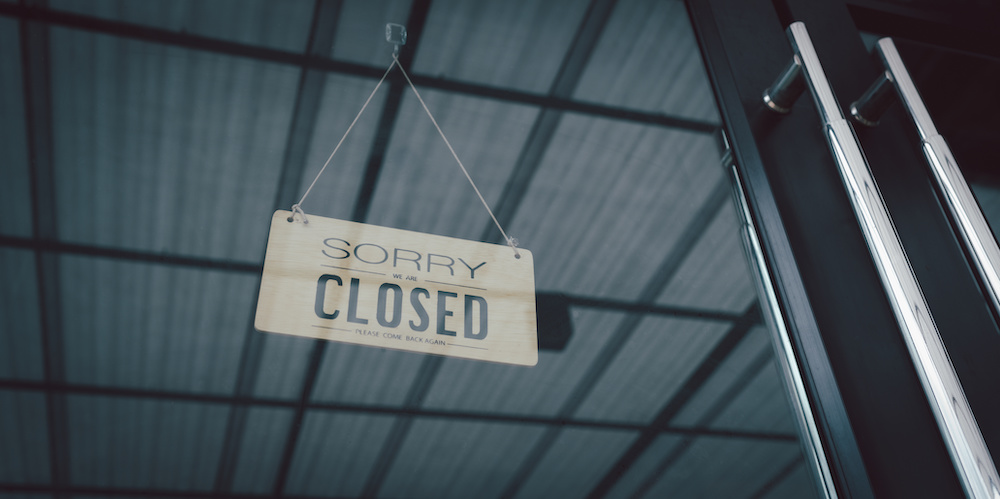Your dire financial situation may be due to both your personal debts and business debts. While you may require relief from both types of debts, you may not want to have to undergo two separate bankruptcy filings and proceedings. Read on to discover the possibility of discharging your business debts in your consumer bankruptcy filing and how a seasoned Louisville, Kentucky Chapter 7 bankruptcy lawyer at Schwartz Bankruptcy Law Center can help you navigate the law.
Is it possible to discharge my business debts in my consumer bankruptcy filing?
The short answer is that, yes, the Kentucky bankruptcy court may allow you to discharge your business debts in your consumer bankruptcy proceedings. However, the court may only allow this if you are the owner of a sole proprietorship. This is because it may consider your business debts and personal debts one and the same. With this, your bankruptcy trustee may consider selling both your business debts and personal debts to pay back your priority creditors.
This means that you may not incorporate your business debts into your consumer bankruptcy filing if you are part of a partnership, limited liability company, or corporation. This is because other shareholders of the business should not have to get intertwined with your personal bankruptcy proceedings. Ultimately, the partnership, limited liability company, or corporation may remain responsible for this business debt obligation upon submitting your personal bankruptcy petition.
Therefore, to avoid getting involved in your personal bankruptcy proceedings, the shareholders of your partnership or limited liability company may ask you to sell your business shares beforehand. However, your proceedings may not affect your corporation at all, as this type of company keeps its shareholders independent from its business management.
What types of business debts can I discharge in my Chapter 7 bankruptcy?
Put simply, you may be eligible to discharge unsecured business debts upon filing your Chapter 7 bankruptcy petition. These may be very similar to your unsecured personal debts. Examples are as follows:
- Your business’s debts to vendors, consultants, and other third-party professionals.
- Your business’s credit card bills.
- Your business’s commercial property leases.
- Your business’s leases to rent equipment.
- Your business’s promissory notes.
- Certain lawsuit judgments against your business.
On the flip side, many business debts cannot be eliminated. They read as follows:
- Your business’s debt arising from fraudulent activity.
- Your business’s debt arising from presumptive fraud.
- Your business’s loans owed to a pension plan.
- Certain debts you took on to pay your business’s nondischargeable taxes.
- Certain court-imposed fines, penalties, and restitution against your business.
In the end, the first step you must take in your petition is to retain the services of a competent Louisville, Kentucky consumer bankruptcy lawyer. So call us at Schwartz Bankruptcy Law Center today.

